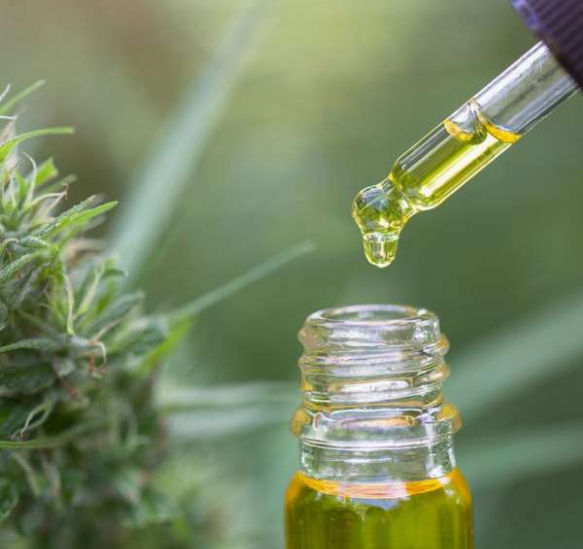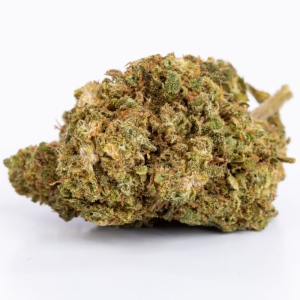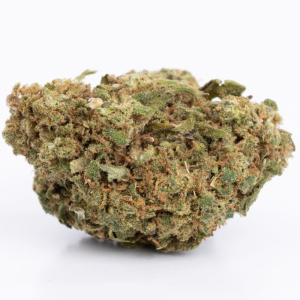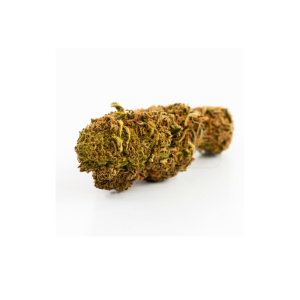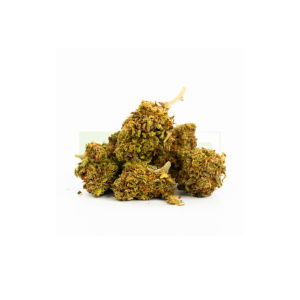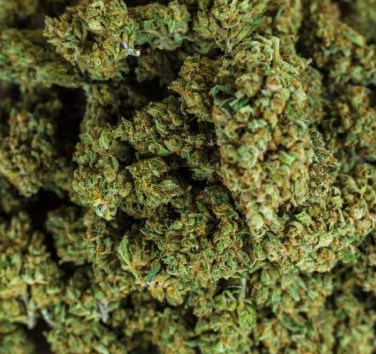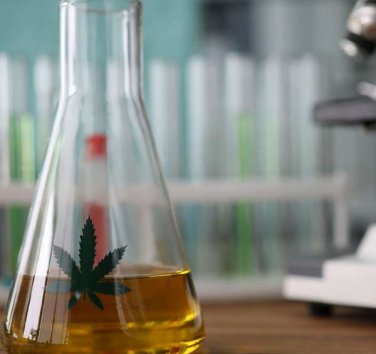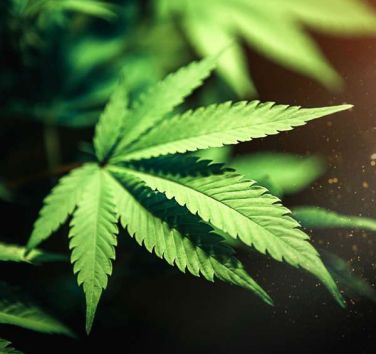1. HCCP vs. THC: the genesis
Certainly, the use of cannabis for medicinal and recreational purposes dates back several millennia. Ancient China was the very first civilization to consume cannabis, more than 4,000 years BCE. The "Pen Ts'ao Ching", a compendium of traditional Chinese medicine compiled in the first century but based on more ancient oral traditions, mentions cannabis as a natural treatment for various ailments, including pain.
But cannabis only began to reveal its secrets to scientists during the 20th century. The first scientific studies on the components of cannabis were carried out in the 1940s. And this is where HHCP was isolated thanks to the work of the American chemist Roger Adams.
Contrary to what one might think, HHCP was isolated well before THC, which was not mastered in the laboratory until 1964 by the Israeli chemists Raphael Mechoulam and Yechiel Gaoni of the Hebrew University of Jerusalem. This discovery also marked a turning point in cannabis research.
2. HHCP vs. THC: a structural difference
The key structural difference between HHCP and THC lies in the saturation of the pentyl ring and the length and structure of the side chain of the molecules. Let's summarize it all for those who have some knowledge of chemistry:
HHCP vs. THC: the pentyl cycle
THC contains a partially unsaturated pentyl ring, while HHCP, as its name suggests (hexahydro-), exhibits complete saturation at this ring. In other words, HHCP does not have double bonds in the pentyl ring, unlike THC which does.
HHCP vs. THC: the side chain
The side chain structure of HHCP is more elongated than that of THC.
THC actually has an alkyl side chain with five carbon atoms (pentyl), while HHCP typically has a longer chain which most often has seven carbon atoms. This modification affects the way the molecule interacts with cannabinoid receptors in the body, giving it a sort of "VIP Pass" to interact with the central nervous system, for better or worse (as we'll see in a moment). .
HHCP vs. THC: the molecular configuration
HHCP and THC share a similar basic structure with three connected rings, but changes in saturation and side chain length result in differences in their physical, chemical and organic.
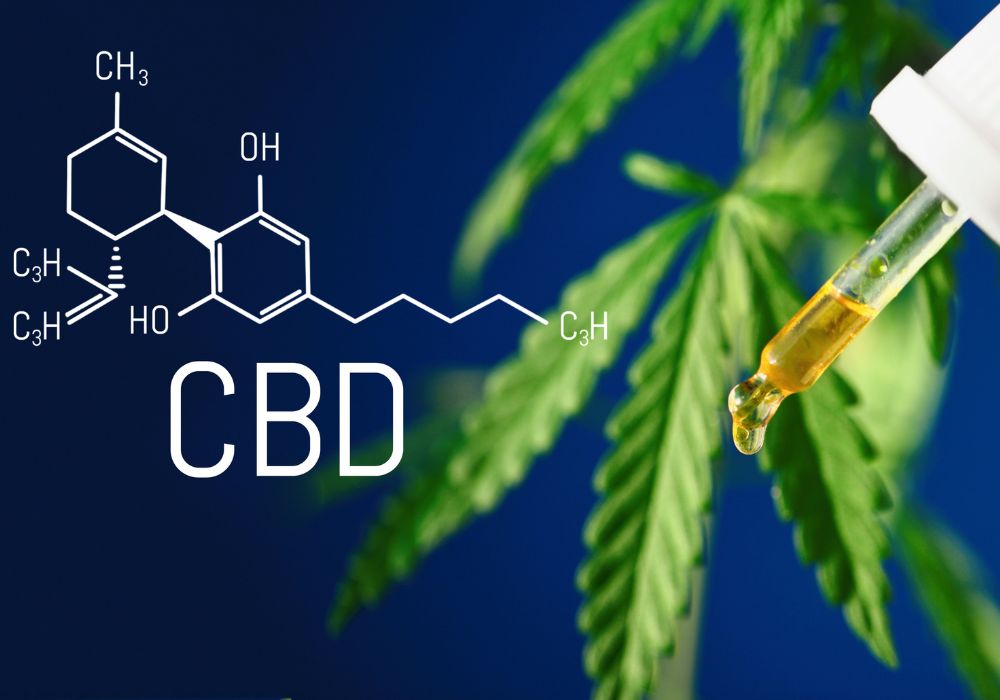
3. HHCP vs. THC: the effects
In reality, and although it was isolated in the laboratory more than two decades before THC, HHCP remains a mysterious and very little explored molecule. Certainties are therefore rare, to the extent that we will have to be satisfied with feedback and testimonials from consumers rather than real rigorous scientific studies.
If we rely on consumer feedback on discussion forums, social networks and the echoes we have in the field, the HHCP would have a high affinity with the receptors of the endocannabinoid system because it causes quite marked psychotropic and euphoric effects.
Consumers report that HHCP is a more muscular version of HHC, itself singled out by ANSI for its psychotropic effects. They also mention several side effects that occur a few hours to several days after taking it: hunger, dry mouth, intense thirst and, more seriously, paranoid tendencies. We find here the same side effect profile as with recreational cannabis.
The effects of THC are known to everyone. We are here on the main psychotropic molecule of cannabis. Its prolonged consumption causes anxiety, paranoia, memory impairment, difficulty concentrating, depression, tachycardia, red eyes, decreased motor coordination, etc. In the long term, THC leads to dependence, mental disorders in predisposed individuals (psychotic disorders in particular) and pulmonary problems (bronchitis and chronic respiratory diseases).
4. HHCP vs. THC: interest in medicine
THC is already widely used in medicine for its analgesic and antiemetic properties, particularly in the management of certain chronic pain that is resistant to available treatments. Moreover, the large clinical trial launched by the Ministry of Health in France in 2019 (for 5 years) tests the following applications for THC:
-
Neuropathic pain that resists accessible therapies, whether medicinal or not;
-
Some severe forms of epilepsy that are resistant to available treatments;
-
Certain stubborn symptoms linked to cancer or its treatments;
-
Palliative care situations;
-
Painful spasticity of multiple sclerosis;
-
Pain associated with certain pathologies of the central nervous system.
The medical benefit of HHCP is similar, but it would, a priori, be a little less psychotropic than THC. It is, however, less available in the hemp plant. It is therefore less economically viable.
5. HHCP vs. THC: legal status
It will be shorter... because these two molecules are strictly prohibited in France.
On June 12, 2023, the National Medicines Safety Agency (ANSM) had in fact banned HHC and its derivatives (HHCP and HHCO), considering them to be "narcotics", in the same way as THC. Experts from the Centers for Evaluation and Information on Drug Dependence – Addictovigilance (CEIP-A) studied HHCP and concluded that the risks of abuse and dependence were comparable to those of recreational cannabis, and therefore THC.
THC has been banned in France since the law of December 31, 1970.
Of course, you won't find either one or the other in our online store... but you will find good, healthy CBD products that are 100% traceable !

